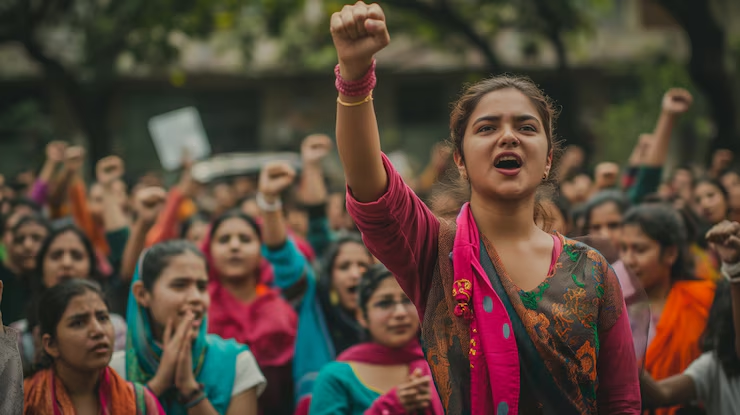Global Election Strategies Revealed through the lens of real-world campaigns and high-impact tactics that turn the tide of democratic outcomes. At News Unix, our focus is on exploring how modern technology, psychology, and strategy blend to shape voter behavior across borders.
Global Election Strategies Revealed in ways that empower parties to win trust while connecting deeply with their audiences. It is about understanding culture, timing, messaging, and grassroots energy that influence success at every level of global democracy.
Understanding the Core of Modern Electoral Strategy
Winning elections in today’s world depends on more than slogans. It requires analyzing data, trends, and demographic behavior to create a message that resonates. Global strategies now rely on combining tech tools and authentic outreach to stay relevant and impactful.
Cultural Sensitivity in Campaign Messaging
One of the key elements in modern global election strategy is cultural alignment. Campaigns must tailor their language, imagery, and tone to suit local traditions and beliefs. This approach has proven successful across continents by building deeper emotional connections.
Role of Data Analytics in Political Campaigns
Strategic data usage transforms how political teams operate. Voter databases, behavior modeling, and geographic targeting allow campaigns to focus on high-impact zones. These insights lead to better message delivery and stronger engagement on the ground.
Digital Engagement Tools and Their Effectiveness
Social media campaigns and instant feedback tools help candidates stay close to public sentiment. Platforms provide real-time responses to events, giving strategists a way to pivot quickly. Global election strategies prioritize digital reach over traditional methods now.
Grassroots Movements and Local Support Systems
While tech matters, human connection remains powerful. Community-based volunteers, town halls, and door-to-door outreach still shape votes. The winning formula blends tech with personal involvement, ensuring voters feel heard and valued.
Importance of Crisis Management in Campaigning
Every campaign faces challenges. Quick, thoughtful responses to unexpected issues can save momentum. Leaders with strong crisis strategies avoid derailments, gaining voter confidence through transparency and decisiveness.
Youth Mobilization and First-Time Voters
Young voters now make up a huge share of electorates. Global strategies prioritize education, inclusion, and inspiration to energize first-time voters. Events, memes, and short-form videos work well in connecting this group to electoral goals.
Cross-Border Political Learning and Strategy Sharing
Parties learn from one another globally. Methods that succeed in one region are studied and adapted elsewhere. Whether it’s Latin America, Europe, or Asia, the flow of political strategy shapes how parties evolve worldwide.
Election Monitoring and Global Standards
Transparency and trust are critical. Countries adopting global election strategies implement monitoring bodies, standardized processes, and independent audits. These help maintain fairness and avoid disputes, especially in high-stakes regions.
Case Studies of Successful Global Strategies
Campaigns in countries such as Canada, India, and South Korea offer key takeaways. From digital rallies to rural outreach, diverse methods produce wins. The adaptability and real-time learning in each case guide future strategic decisions globally.
Gender Representation and Inclusive Agendas
Global strategies emphasize diversity. Strong female leadership and inclusive policies attract wider voter bases. Representation now plays a key role in campaign planning and public messaging, ensuring equality and fresh perspectives.
FAQs
Q1.What makes a global election strategy successful?
A:Success depends on understanding voters, using data, applying cultural knowledge, and combining technology with face-to-face engagement at local levels.
Q2.Why is cultural alignment important in elections?
A:Cultural alignment ensures that campaigns respect traditions and communicate values effectively, which leads to stronger connections and trust with voters.
Q3.How has technology reshaped global elections?
A:Technology enables data analysis, digital outreach, and real-time feedback, allowing campaigns to respond faster and reach voters more efficiently than ever.
Q4.What role do youth play in modern elections?
A:Youth are often the largest voting segment and bring energy to campaigns. Strategies that speak their language and values often drive major shifts in turnout.
Q5.How do parties learn from other countries’ campaigns?
A:Political teams study global examples, adopt proven tactics, and collaborate with consultants across borders to build competitive strategies tailored to local needs.
Conclusion:
Global Election Strategies Revealed across every corner of the democratic map, reshaping how political campaigns are run, understood, and won. The fusion of human touch, technology, and cultural intelligence defines the new age of global democracy.




